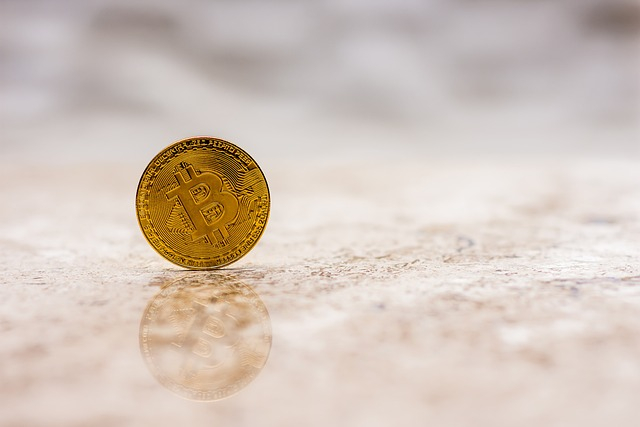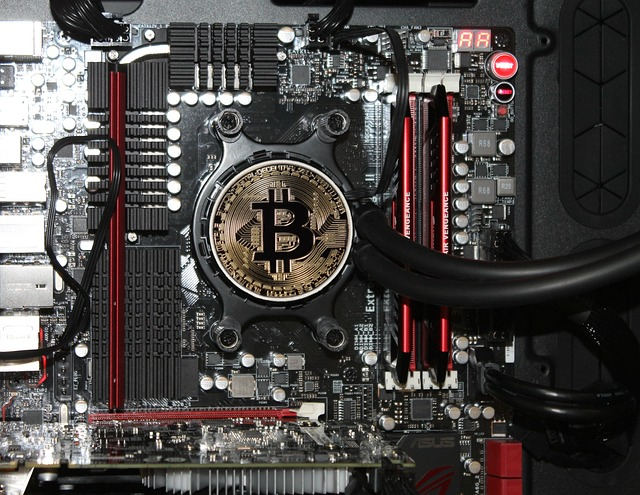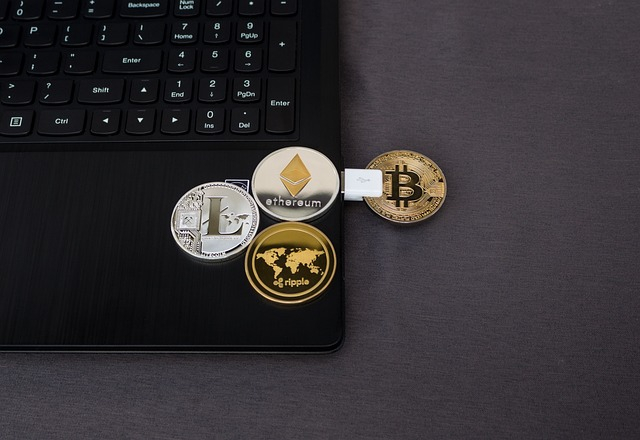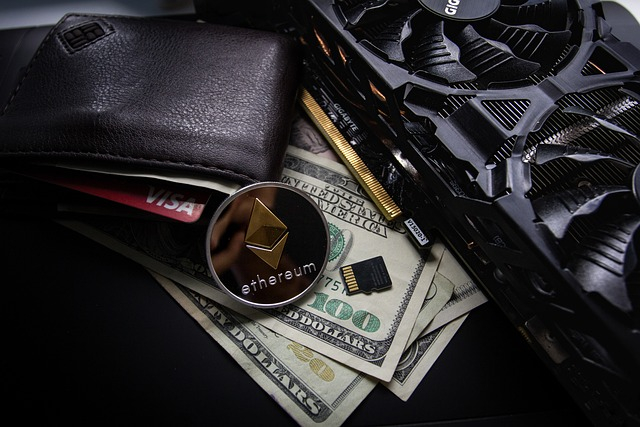Altcoin wallet types: Which one is right for you?
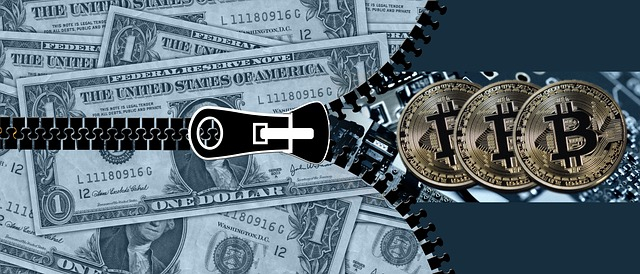 In the labyrinthine domain of digital currencies, the preservation and management of one's cryptographic assets are of paramount importance. Altcoin wallets, digital receptacles designed to store and safeguard these assets, are as diverse and multifarious as the currencies they serve. In this erudite analysis, we shall enumerate the sundry types of altcoin wallets available, expounding upon their features, attributes, and idiosyncrasies, in order to assist you in selecting the most felicitous option for your unique circumstances. I. Cold Wallets: Fortresses of Cryptographic SecurityCold wallets, also known as offline wallets, are lauded for their heightened security, as they remain disconnected from the internet, thereby mitigating the risk of cyber-attacks. There are two principal types of cold wallets:
II. Hot Wallets: Digital Repositories of ConvenienceHot wallets, in contradistinction to their cold counterparts, are connected to the internet, facilitating expedited transactions and management of cryptographic assets. The three predominant types of hot wallets are:
III. Conclusion: Discerning the Optimal Altcoin Wallet for Your Unique CircumstancesThe selection of an altcoin wallet is contingent upon a delicate interplay of factors, encompassing security, convenience, accessibility, and the specific altcoins one wishes to manage. As you traverse the variegated landscape of altcoin wallets, it is prudent to weigh the aforementioned considerations against your individual needs, preferences, and risk tolerance. For those seeking the utmost in security, a cold wallet, either in the form of a hardware or paper wallet, may prove the most apposite choice. Conversely, if convenience and accessibility are the paramount concerns, a hot wallet – be it desktop, mobile, or web-based – may be better suited to your requirements. Moreover, it is essential to verify that the wallet of your choice supports the specific altcoins in your possession, lest you find yourself ensnared in a morass of incompatibility. Ultimately, the task of discerning the optimal altcoin wallet is an exercise in introspection and deliberation, requiring a thorough appraisal of one's unique circumstances and an astute assessment of the potential trade-offs between security and convenience. Armed with the knowledge of the various wallet types and their respective attributes, you are now poised to make an informed decision, selecting the altcoin wallet that will best serve your needs in the ever-evolving world of digital currencies. Article and video for topic: Altcoin wallet types: Which one is right for you?. Author: Jonathan Burroughs |
